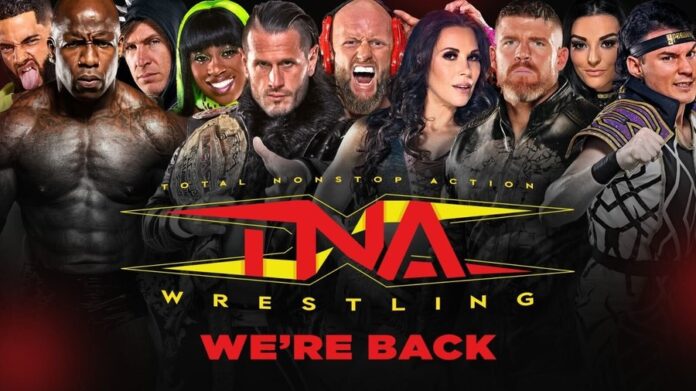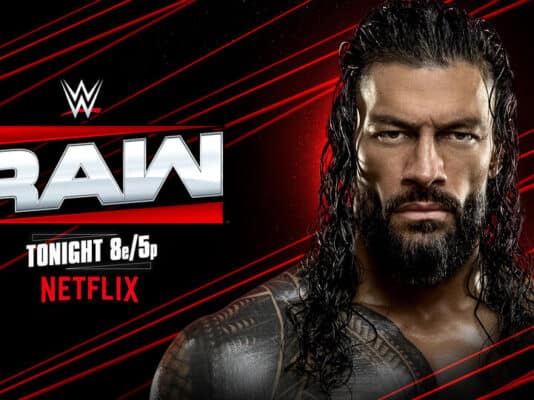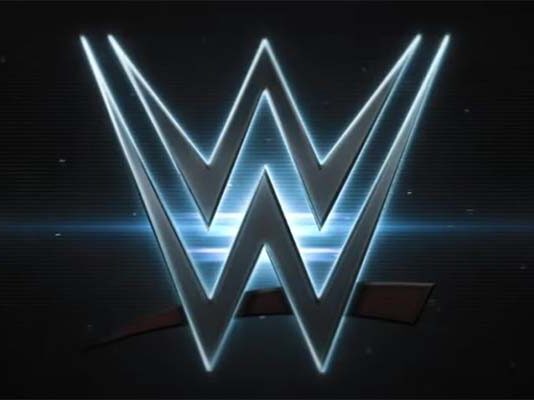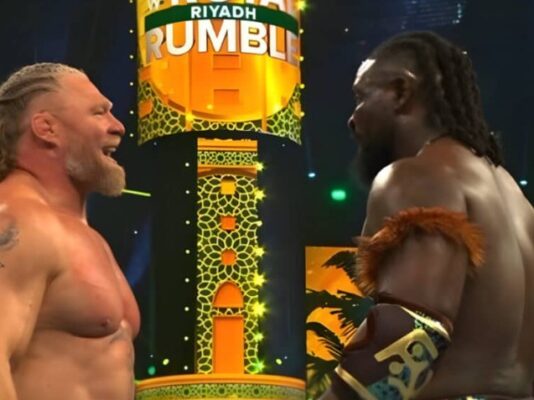
The cliche that anything can happen in the pro wrestling business was often used as a marketing tagline, but in the scripted world of sports entertainment, truth is usually stranger than fiction, an aspect of the sport that underscores just how unique the genre is.
The peaks and valleys of the company that Jeff Jarrett started with his dad, the legendary Memphis promoter, Jerry Jarrett on a shoestring budget in 2002 would be too lengthy to attempt to recount in full, but even a brief synopsis illustrates how astonishing it is that the company still exists in any form more than two decades later. From the infamous Jay Hassman debacle when he fabricated pay-per-view reports that exaggerated the amount of buys in the early weeks to the Health South scandal that almost saw the company collapse within three months, the Nashville-based group survived. Panda Energy coming to the rescue with the “peak” of the organization for a few years after their Spike TV debut in 2005, which saw an all-star roster on one of the main stream cable networks are all aspects of the very complex story of Total Nonstop Action. AJ Styles, Samoa Joe, Kurt Angle, Abyss, and many others provided an alternative to the WWE at a time when the sports entertainment landscape had been scorched after the purchase of WCW. The Hulk Hogan era that ultimately spent the company into so much debt that Bob Carter finally decided to stop funding Dixie’s vanity project, and the subsequent attempt she made to try to hustle Billy Corgan tainted the TNA brand.
The sum total of TNA Wrestling, as much as it provided a platform for several stars that would go on to bigger success elsewhere, was a tax lien and lawsuits. Amazingly, Anthem Entertainment, the parent company of The Fight Network, bought the organization, settling the Corgan lawsuit and keeping the promotion on the air for their channel. From a purely Canadian perspective, Anthem made a smart move, as Impact was one of The Fight Network’s highest-rated shows and they were more or less the only potential buyer after the organization had so much negative publicity. Anthem didn’t have to spend a hefty amount of cash, but had ownership of one of their popular commodities.
That being said, it’s standing among the industry overall, particularly in the United States was minimal. After the Impact show was cancelled from Spike TV in 2014 when network executives found out that Dixie still secretly employed Vince Russo, the Impact television show was moved to Pop TV for a year before it landed on Destination America for another year, with ice fishing from Poland as lead-in programming. Knowing how tainted the TNA brand was prior to the 2016 purchase, Anthem knew they had to change the name to attempt to rejuvenate the company.
I have to be honest, I’m not sure Impact Wrestling was the right decision for the name change, simply because the name of the television show was obviously so closely associated with TNA. In fact, Anthem probably would’ve been better suited to start a completely new organization because again, retaining the championships and the history of TNA further associated it with the letters of the previous regime.
Those decisions are probably why fans still considered and often referred to Impact Wrestling as TNA.
Still, it was very surprising that at the conclusion of this past weekend’s Bound for Glory event, a pay-per-view that was lost in the shuffle of a shows that included a UFC PPV and a three-hour block of AEW programming with Collision and a Battle of the Belts special, it was announced that TNA will officially return in 2024.
Yes, anything can happen in pro wrestling, as TNA, the letters that many thought would collapse numerous times over the year, will be back in January, but will it actually make a difference?
In truth, I’m not sure the name of the company translates to all that much. Anthem is smart enough to know what they have and what they don’t have. Impact is a Canadian product that happens to run some of its TV tapings and pay-per-views in America. There’s nothing wrong with that either. The small scale events are usual only set up for a few hundred fans, and as far as optics go, it’s better have a full crowd in a small building then a smaller crowd in a venue that looks mostly empty, Keep in mind, Anthem purchased TNA to keep it on The Fight Network in Canada, their purchase of the Axis network was purely expanded distribution, not a primary goal. Basically, if Impact is profitable for Anthem then it’s a successful project, regardless of its standing among the industry.
The reason I mentioned that the name of the group has minimal “impact” is rather simply, TNA will have the same hurdles as the organization did previously in the current crowded wrestling landscape. The WWE just merged with the UFC to form a $21.9 billion corporation, and Tony Khan has spent major cash not only to launch All Elite Wrestling, but to sign an almost comical amount of talent to contracts. Where does that realistically put TNA? Again, the problem for the Anthem-owned group will remain the same, Impact usually has a solid and entertaining product, but it’s cannon fodder in the grand scheme of things. Yes, Impact has good matches, but given the style of the modern era, you’re going to find good matches in WWE and AEW on a regular basis. In a vacuum, Impact is solid and successful in what it brings to the table, but it’s on such a smaller scale that it can’t make a dent in the overall industry. For example, when Edge exited WWE, he wasn’t going to show up in TNA because Anthem isn’t going to realistically compete with the money that Tony Khan was going to offer. Essentially, the major events within the business are going to happen in WWE or AEW, Impact has some very talented performers, but doesn’t have the star power to truly be a difference maker in the direction of the industry.
That’s not to say that Anthem should throw a ridiculous amount of money into TNA, as there are many pieces of the puzzle that would have to fit together for the company to compete for a portion of the market share. The bottom line is, what does TNA bring to the table that you can’t already watch on a bigger and more important stage in WWE or AEW? In many ways, Anthem is in the TNA business, not exactly the pro wrestling business, and there’s nothing wrong with that. While the company isn’t going to take a slice of traditional market share, it can serve its audience. It’s extremely important to remember that revenue and profit are the barometer for success. If TNA is a profitable niche for Anthem then it’s a successful venture for the company.
While the name change gives the company something fresh, it doesn’t really change anything in the grand scheme of things, but it’s still astonishing to consider that TNA will exist in 2024.
What do you think? Share your thoughts, opinions, feedback, and anything else that was raised on Twitter @PWMania and Facebook.com/PWMania.
Until next week
-Jim LaMotta
E mail [email protected] | You can follow me on Instagram, Facebook, & Threads @jimlamotta89












